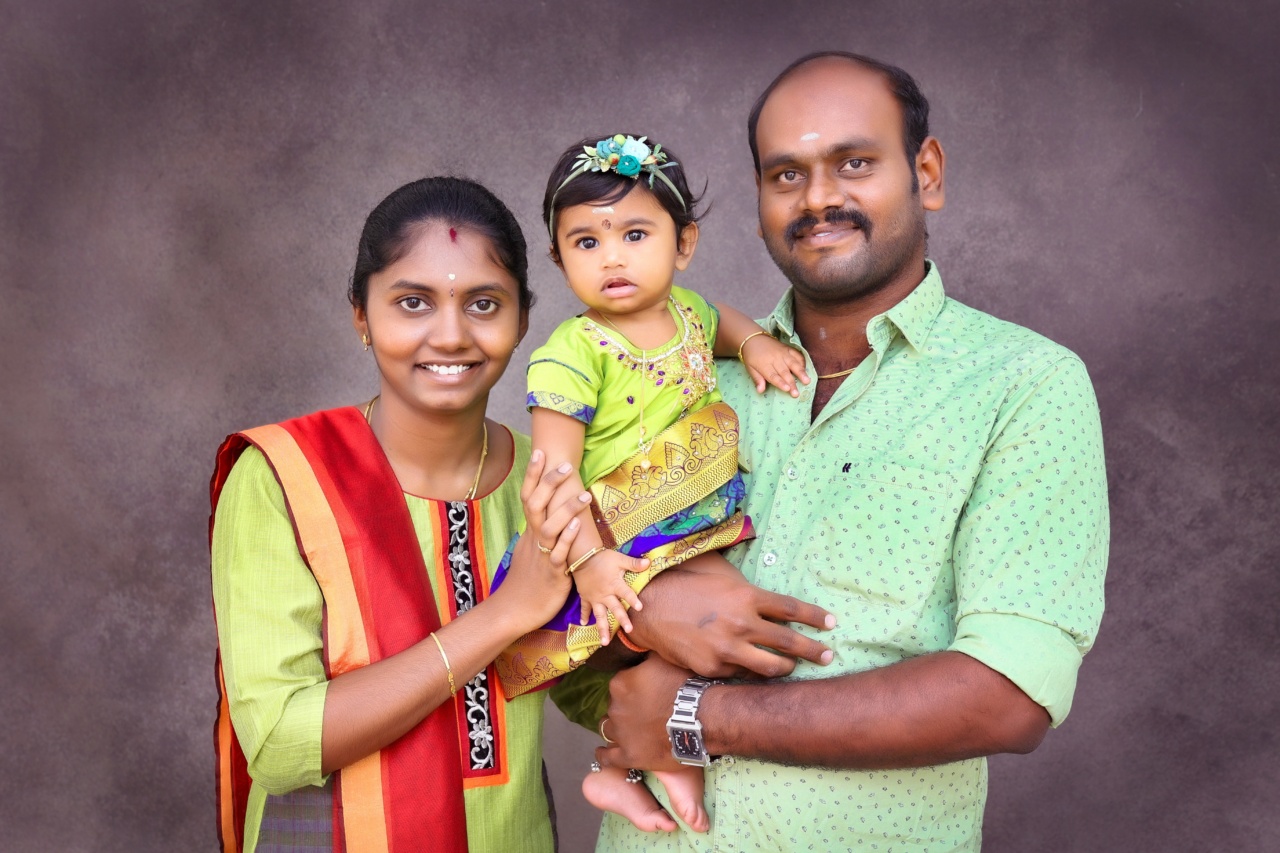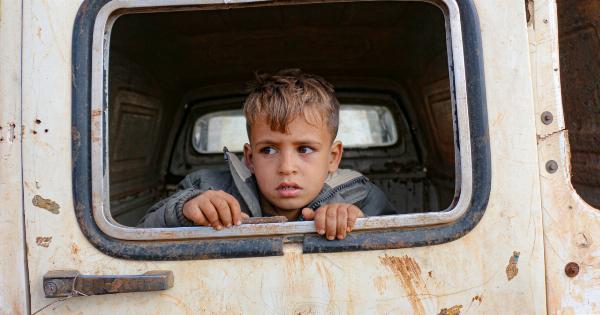Bullying is a serious issue that affects many children and teens. Bullying can have long-lasting effects on its victims, including depression, anxiety, and even suicide.
As parents, it’s our responsibility to make sure our children are not participating in bullying behavior, and to intervene if they are. But how do you know if your child is a bully? Here’s a test to help you find out.
Question 1: Does Your Child Blame Others for Their Problems?
If your child is always blaming others for their problems, it could be a sign that they are a bully. Bullies often try to shift the blame onto their victims, to make it seem like the victim caused the bullying to happen.
If your child is always saying things like “It’s not my fault,” or “They started it,” it’s a red flag that they may be a bully.
Question 2: Does Your Child Try to Control Others?
Bullies often try to control others, whether it’s through physical force or emotional manipulation. If your child is always trying to boss others around or make them do what they want, it could be a sign that they are a bully.
Keep an eye on your child’s behavior around other kids, especially younger or smaller ones.
Question 3: Does Your Child Have Difficulty Following Rules?
Bullies often have a hard time following rules, and may feel like rules don’t apply to them. If your child frequently breaks rules or disregards authority, it could be a sign that they are a bully.
Talk to your child about the importance of following rules and respecting authority figures.
Question 4: Does Your Child Lack Empathy?
Bullies often lack empathy for their victims, and may feel little or no remorse for their actions.
If your child seems indifferent to the feelings of others or shows little concern for how their behavior affects others, it could be a sign that they are a bully. Talk to your child about the importance of empathy and being kind to others.
Question 5: Does Your Child Use Physical or Verbal Aggression?
If your child uses physical or verbal aggression to get what they want or to intimidate others, it’s a red flag that they may be a bully.
Keep an eye on your child’s behavior around other kids, especially if they seem prone to hitting, pushing, or name-calling.
Question 6: Does Your Child Exclude Others?
Bullies often exclude others from social activities as a way to punish or ostracize them. If your child frequently leaves others out or refuses to play with certain kids, it could be a sign that they are a bully.
Talk to your child about the importance of including everyone and being kind to others.
Question 7: Does Your Child Have Low Self-Esteem?
Bullies may engage in bullying behavior as a way to boost their own self-esteem. If your child seems to have low self-esteem or is always putting down others to make themselves feel better, it could be a sign that they are a bully.
Talk to your child about the importance of building self-esteem in healthy ways, like practicing a skill or helping others.
Question 8: Does Your Child Show a Lack of Remorse?
If your child shows little or no remorse for their actions, it could be a sign that they are a bully. Bullies often feel justified in their behavior and may not see how their actions are hurtful to others.
Talk to your child about the importance of taking responsibility for their actions and apologizing when they’ve done something wrong.
Question 9: Does Your Child Have Friends Who Bully Others?
If your child hangs out with friends who engage in bullying behavior, it could be a sign that they are a bully or that they are being influenced by their peers.
Talk to your child about the importance of choosing friends who are kind and respectful to others.
Question 10: Does Your Child Have a History of Bullying?
If your child has a history of engaging in bullying behavior, it’s a red flag that they may be a bully. Talk to your child about their past behavior and how it may have hurt others.
Encourage them to make amends and to work on changing their behavior in the future.
Results
If you answered “yes” to one or more of these questions, it’s possible that your child is a bully.
It’s important to intervene and address the behavior as soon as possible, to prevent it from continuing and causing harm to others. Talk to your child about the importance of kindness and respect, and help them develop empathy for others. Consider seeking the help of a counselor or therapist if the behavior persists or if you have concerns about your child’s mental health.






























